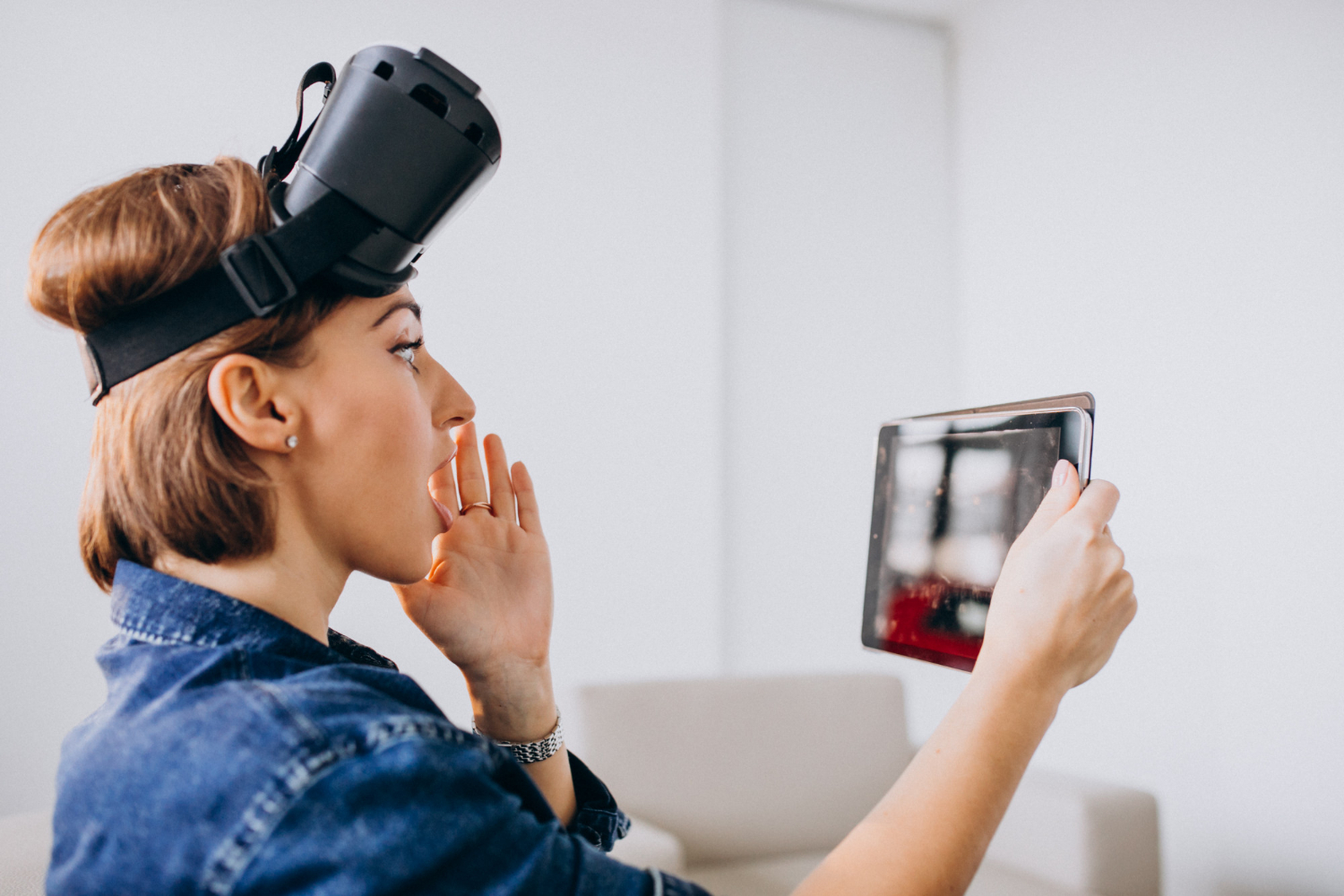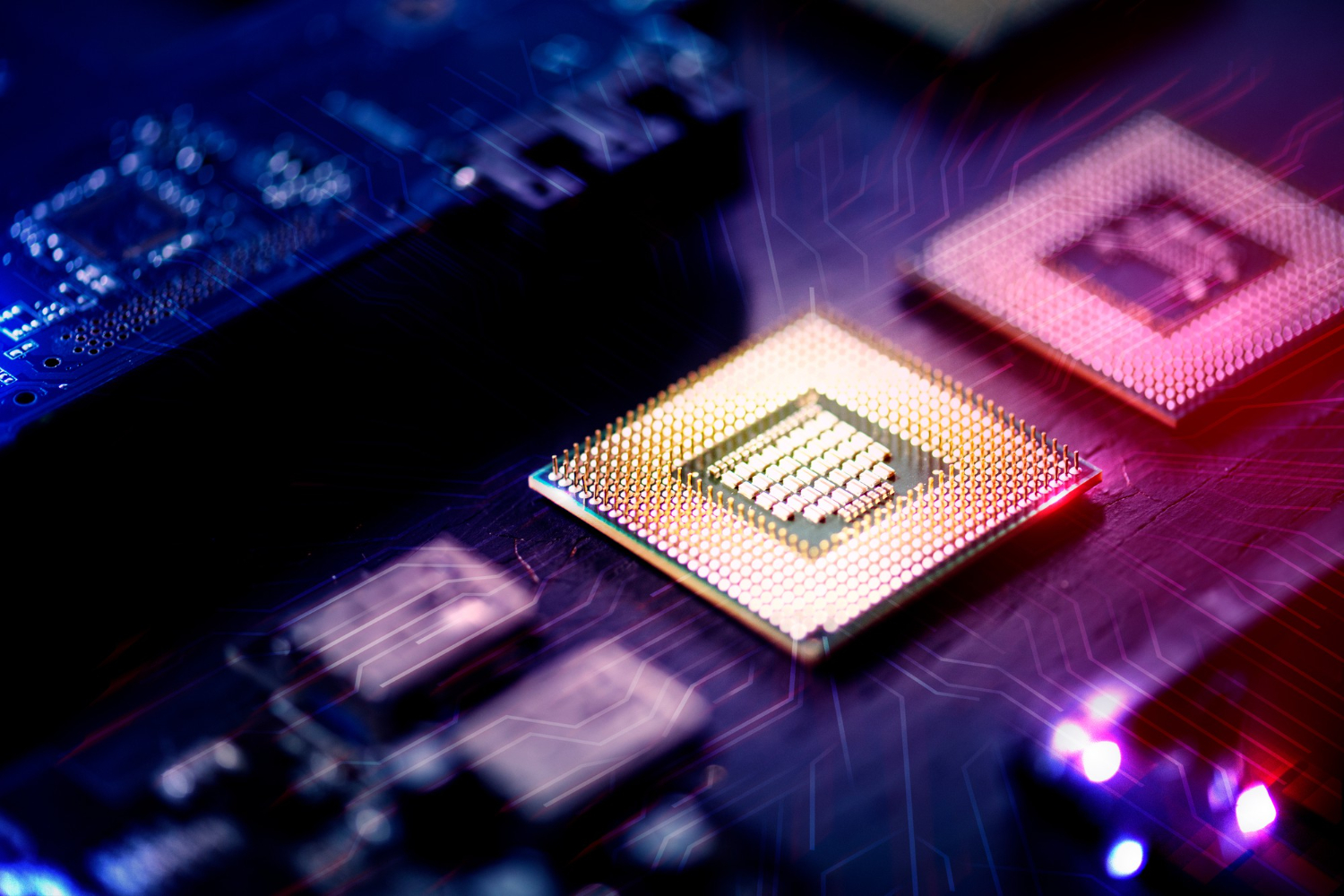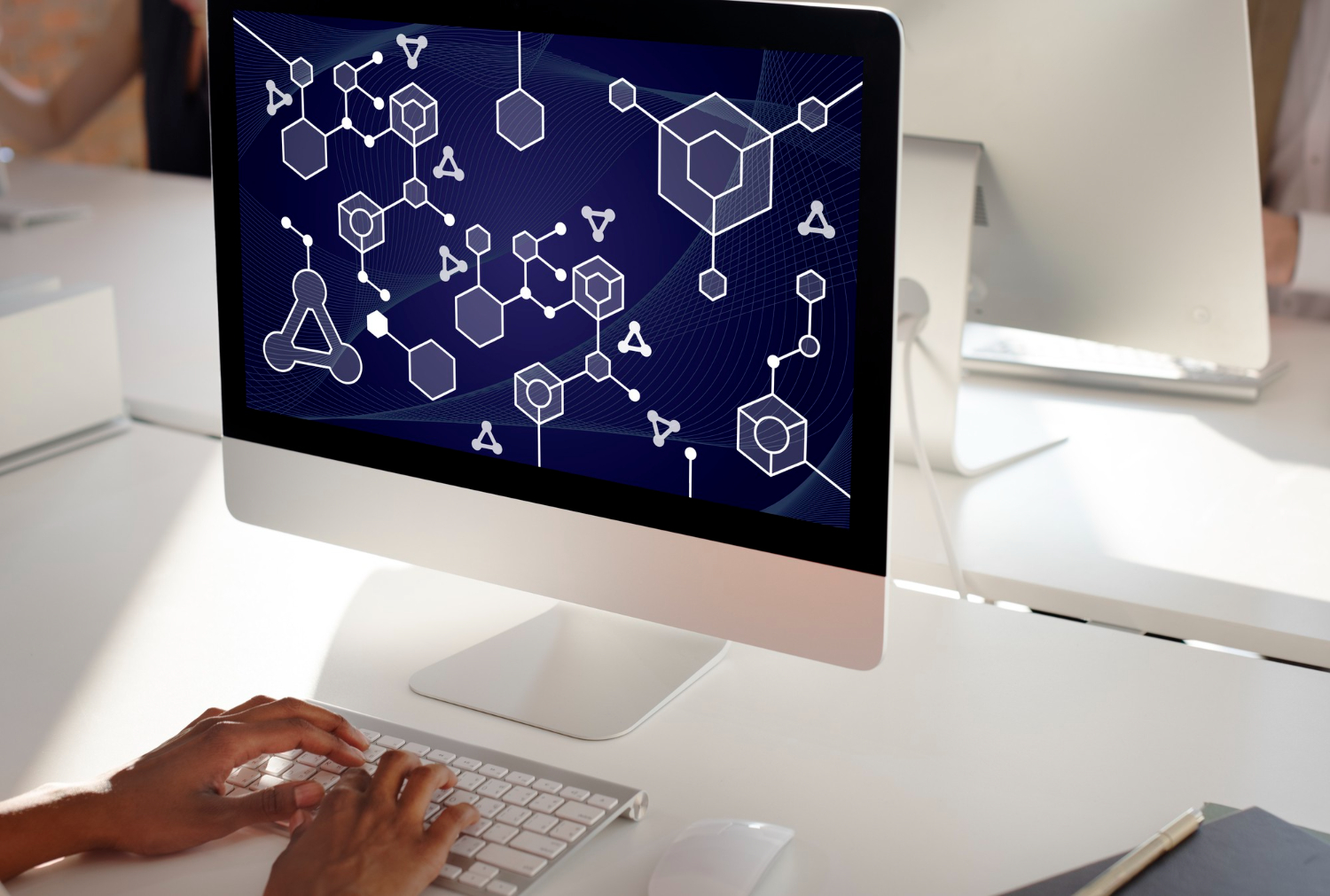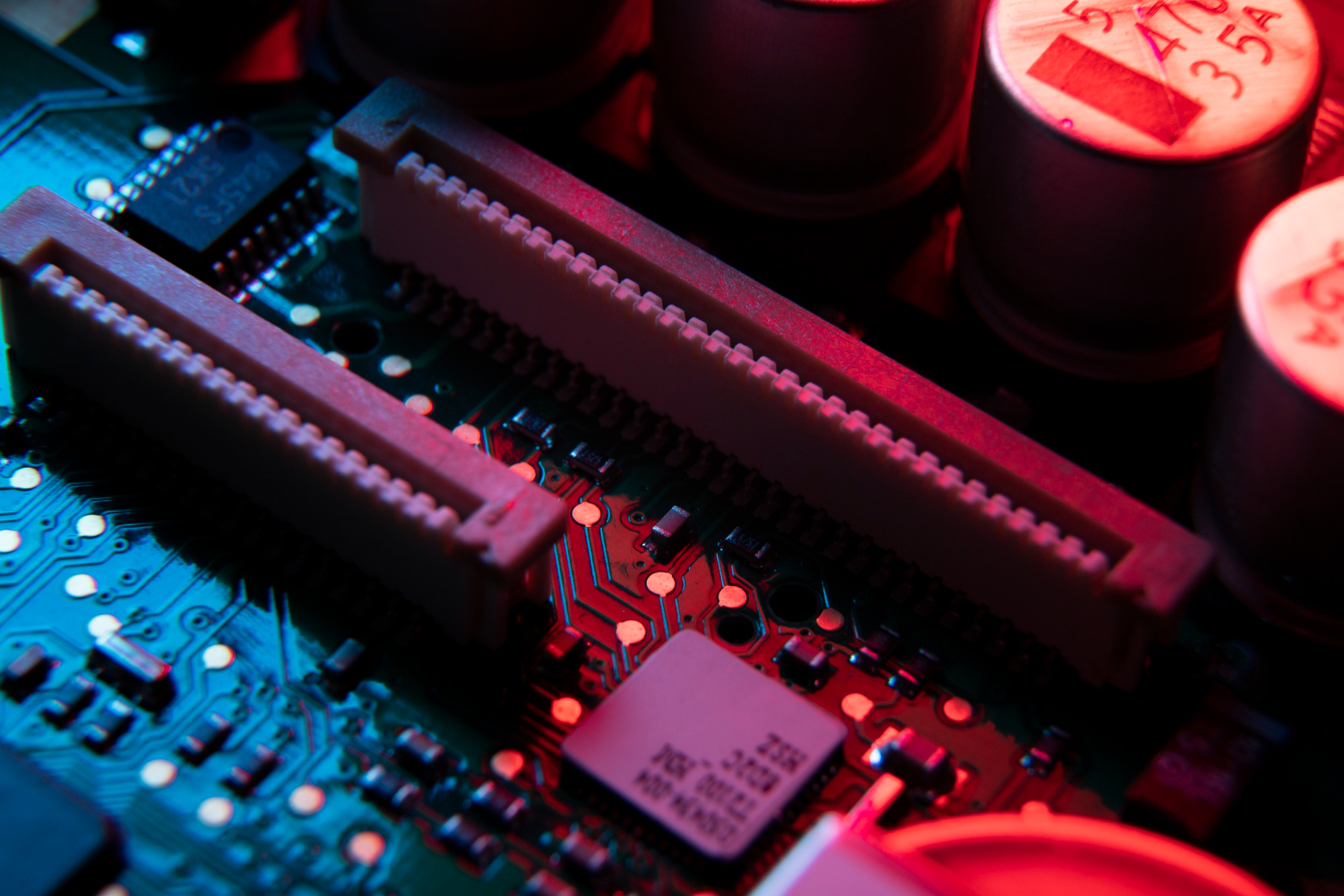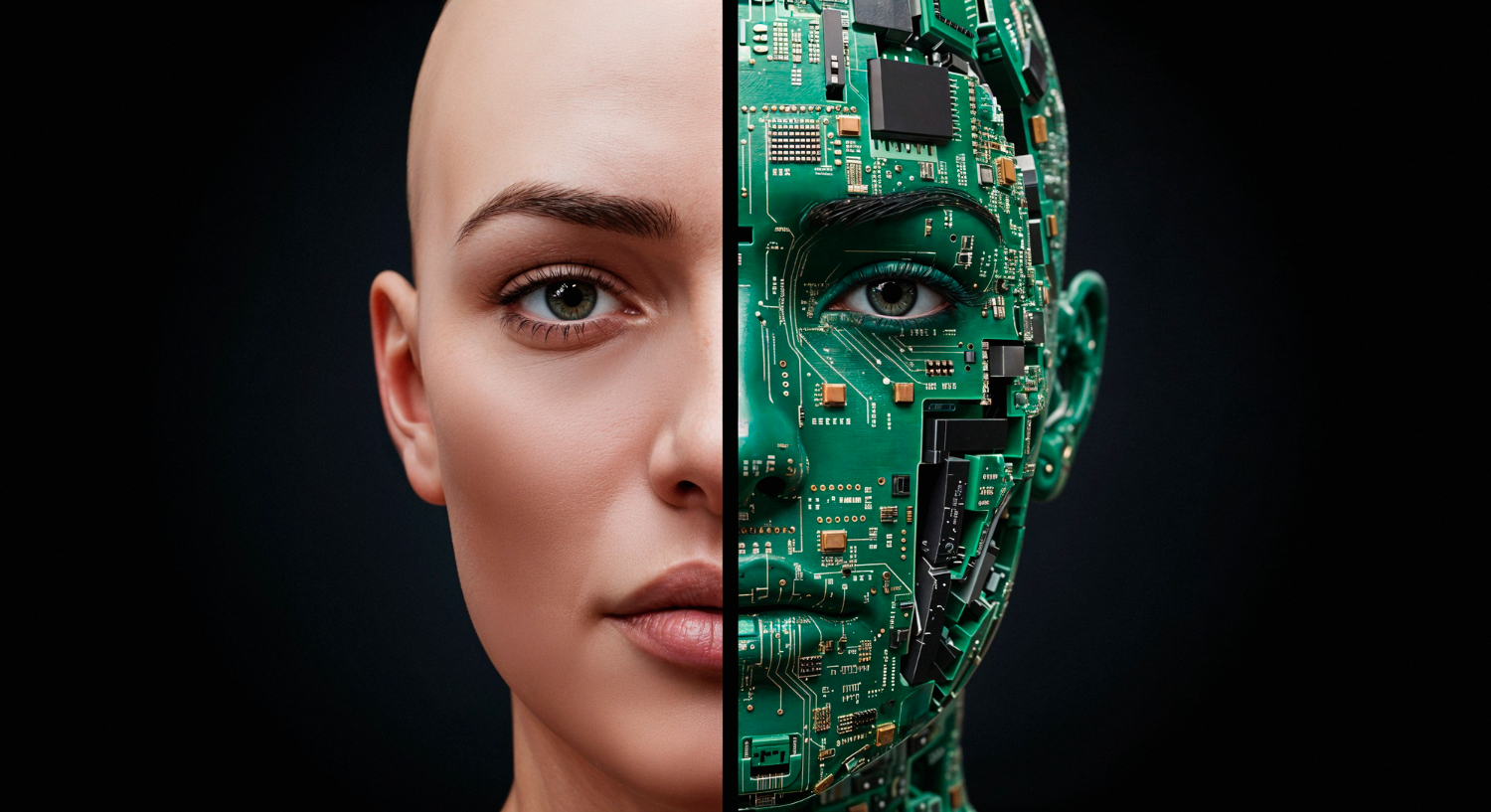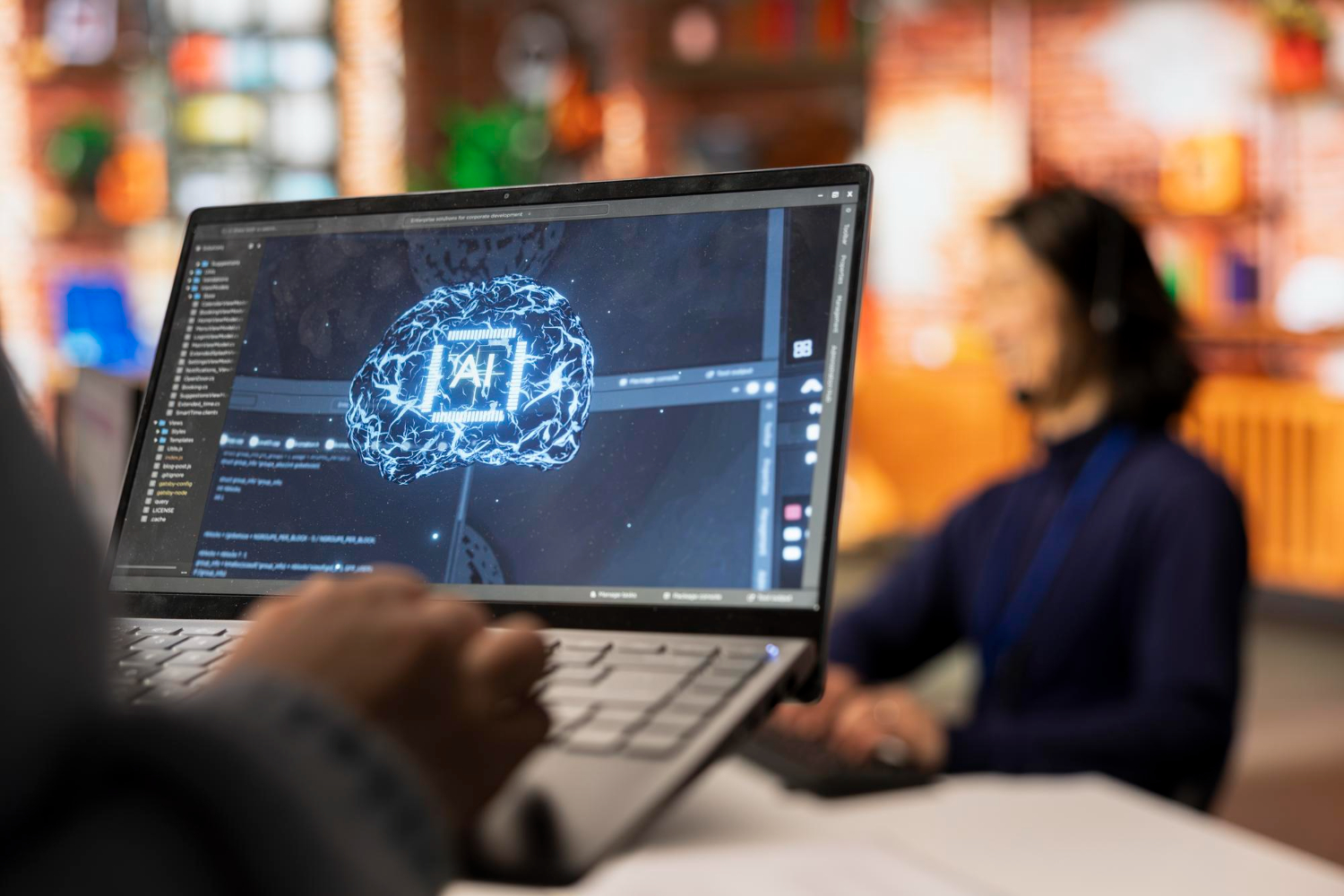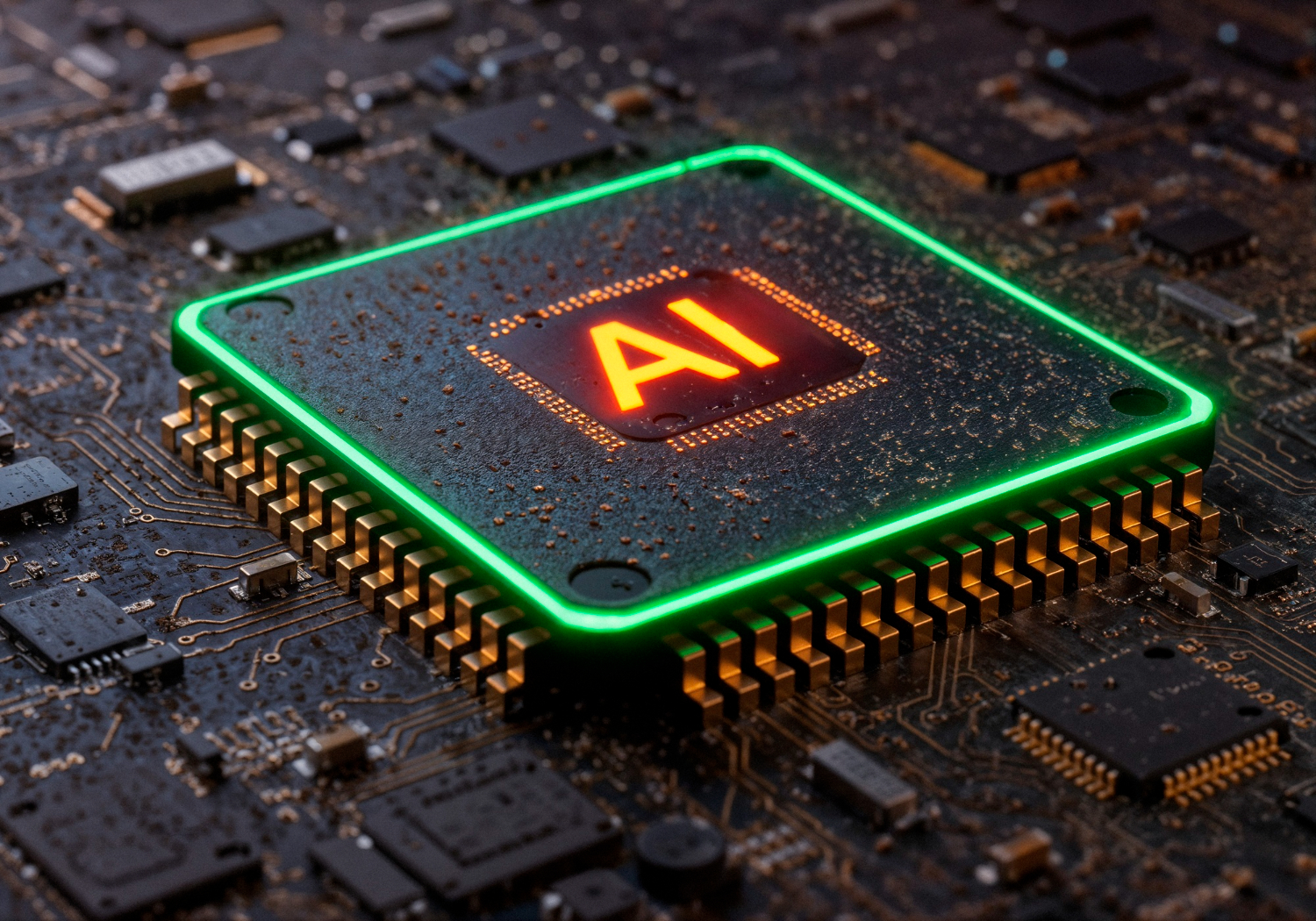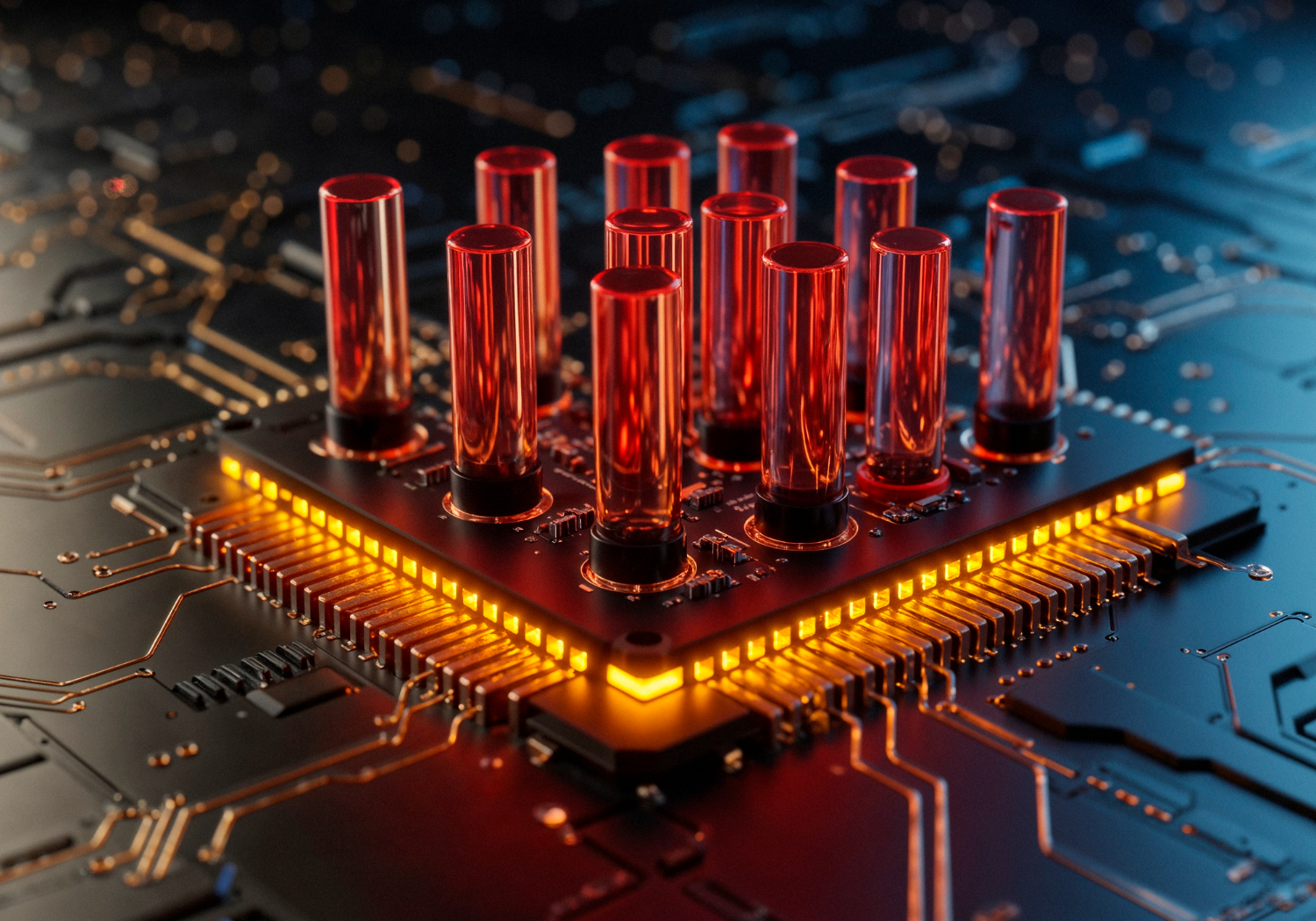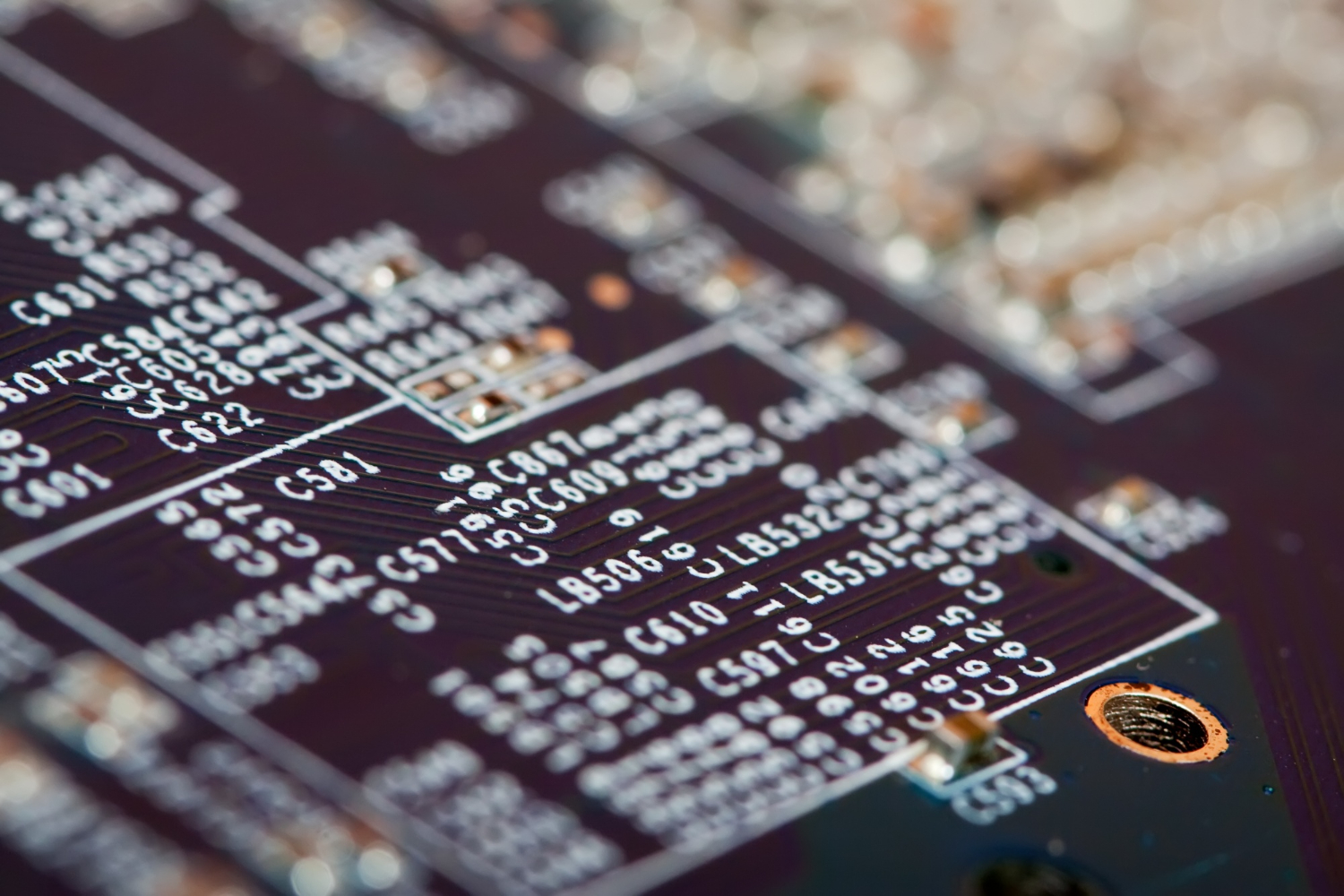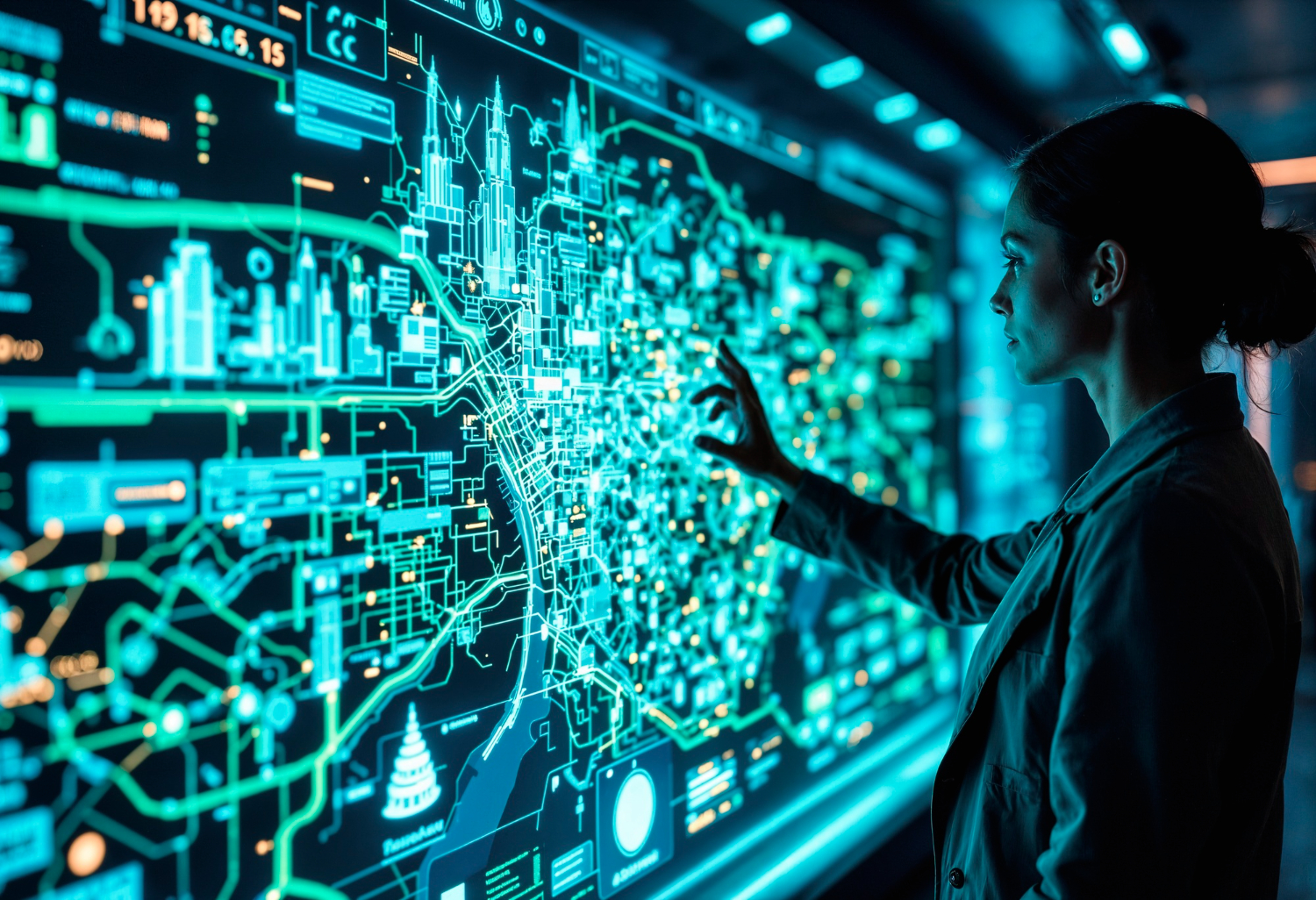Introduction
We’ve all been there – diligently counting calories, and meticulously following fad diets, only to see the results plateau or, even worse, backfire. For decades, we have been bombarded with generic dietary advice: “Eat five servings of fruits and vegetables daily!” While these guidelines have good intentions, they often fall flat.
The truth is, that our bodies are as individual as our fingerprints. What works wonders for your best friend might leave you feeling sluggish.
Tired of feeling like a science experiment every time you try a new diet? That is where artificial intelligence (AI) comes in, ready to change our eating habits and reveal the mysteries of tailored nutrition.
Thanks to AI, your phone can now track more than just your steps. It can also analyse every bite you take and create a personalised meal plan as unique as your taste buds. No more getting lost in a maze of contradicting food trends or drowning in a sea of generic advice.
AI can create a personalised meal plan that satisfies your palate and fuels your body by analysing your metabolism, lifestyle, and even the photos you take of your food.
As per a study by Emergen Research, the market of AI and Big Data in the Food industry is expected to grow at a compound annual growth rate (CAGR) of 44% between 2019 to 2032 (Emergen Research, 2023).
Enter the exciting realm of AI-powered nutrition, where algorithms become your personal sous chefs, whipping up customised menus that tantalise your taste buds and fuel your body’s unique needs.

AI Applications in Personalised Nutrition
AI is changing the game in nutrition! This section explores how AI can transform how we understand and fuel our bodies.
We’ll look at smartphone apps that use AI to analyse your food pictures, making calorie counting and macronutrient intake a breeze.
Generative AI, powered by your unique data, predicts your personal nutritional needs, considering your intake and activity levels.
Finally, we’ll explore the future of personalised meal planning with AR/VR, where you can virtually “experience” meals in 3D before ever cooking them. Buckle up and get ready to see how AI is transforming how we eat and nourish ourselves!
I. Dietary Assessment with Computer Vision and NLP

Imagine this: you whip up a delicious stir-fry, snap a picture with your phone, and bam! An app powered by computer vision analyses the image, recognising the ingredients and estimating the calorie count. It even breaks down the macronutrients (carbs, protein, fat) to help you understand your meal’s nutritional profile.
This magic trick is powered by AI’s computer vision capabilities.
These apps work by analysing photos of your meals. Just snap a picture of your lunch salad, and the app can identify and quantify the ingredients using its deep learning magic. This translates to automatic calorie counting, a breakdown of macronutrients like protein, carbs, and fat, and even micronutrient estimates. No more wrestling with portion sizes or googling mysterious menu items!
But AI doesn’t stop at recognising pixels. Natural Language Processing (NLP) steps in to understand the context you provide. Your picture captured a delicious burger, but you mentioned holding the mayo in your description. The NLP engine would pick this up and adjust the calorie and fat content accordingly. This way, the app personalised your dietary assessment based on not just the image but also the details you provide.
A study published in the Journal of the National Library of Medicine found that a computer vision app achieved up to 93% accuracy in estimating calorie intake (Amugongo LM, 2022).
This powerful combination of computer vision and NLP makes tracking your diet effortless and insightful, helping you make informed choices about your nutrition.
II. Nutritional Needs Prediction with Generative AI and Biomechanics

Your body deserves a personalised nutrition plan, not generic advice. The latest Generative AI models can decode your nutritional blueprint to predict your body’s needs.
These AI models analyse a wealth of user data: your age, weight, activity levels, and even your genetic makeup. By sifting through this information, they can predict your body’s unique nutritional requirements.
Think of it like having a personal dietician on call, 24/7. The AI model understands that a marathon runner needs a different fuel source than someone with a desk job. Similarly, it can factor in your genes, influencing how efficiently your body absorbs certain nutrients.
But the story doesn’t end there. Biomechanics enters the game and takes it to an advanced level. Wearable devices that track your activity data provide further insights into how you utilise nutrients. By understanding your energy expenditure, the AI model can tailor your dietary recommendations to optimise your performance, whether crushing a workout or conquering a busy workday.
This synergy between AI, your inherent digestive capability, and biomechanics brings a new era of personalised nutrition, ensuring your body gets what it needs to thrive.
III. Personalized Meal Planning with AR/VR and NLP

Step into a world where you can “eat” your dinner before you even cook it. This futuristic take on meal planning utilises the power of Augmented Reality (AR) and Virtual Reality (VR). AR apps project 3D holographic models of your planned meals right on your kitchen counter. These virtual creations, built upon your personalised nutritional needs, come to life with vibrant colours and textures. Craving a protein-packed salad but want to see it assembled before chopping veggies? AR makes it possible!
Personalisation goes beyond just visuals. NLP plays a key role in crafting your perfect meal plan. By analysing your preferences and dietary restrictions, the AI suggests recipes that cater to your taste buds and health goals. Despise mushrooms? No problem! The NLP engine ensures your virtual meals are free of your culinary dislikes. Vegan or gluten-free? The AI tailors suggestions to your specific dietary needs.
This isn’t just about convenience; it’s about empowering you to make informed choices. By virtually “experiencing” your meals beforehand, you can ensure portion sizes align with your goals and adjust ingredients based on your preferences. So, let go of the meal-planning guesswork and embrace the future of personalised dining, where AR and NLP create a virtual feast for your eyes before it becomes a delicious reality on your plate.
AI for Smart Supplement Recommendations
We’ve explored how AI can analyse your dietary habits and predict your nutritional needs. But what if we could go a step further? This section takes us deeper into the exciting world of AI-powered risk assessment and supplement optimisation.
The market for supplements and personalised nutrition was estimated to be worth US $14.6 billion in 2023 and is projected to grow at a CAGR of 11.48% to reach US $37.3 billion by 2032 (Fact View, 2024).
We’ll see how machine learning algorithms analyse your unique biological data, from bloodwork to metabolism, to identify potential health risks before they become problematic. This isn’t just a one-time assessment; wearable devices and IoT edge computing allow for continuous health monitoring, providing real-time data for early detection of potential issues.
We’ll also see how AI, powered by powerful GPUs, analyses vast datasets to create personalised supplement blends that address your specific needs.
Combined with the power of customised supplement blends designed with cutting-edge technology, AI is poised to revolutionise how we approach preventative health and achieve optimal well-being.

I. Risk Assessment with Machine Learning and IoT Edge Computing
The future of proactive health is here, and machine learning algorithms are at the forefront. These algorithms act as health detectives, meticulously examining a wealth of user data, including bloodwork and genetic information. Their mission? To identify potential risks for deficiencies and chronic diseases specific to you.
This is a personalised health assessment on steroids, transformed from a single doctor’s visit into a continuous monitoring system. By scrutinising your unique biological makeup, the AI can flag potential issues before they blossom into major concerns. For example, if your genes indicate a predisposition to vitamin D deficiency, the AI can provide an early warning, empowering you to take proactive steps towards maintaining optimal health.
But the power doesn’t stop there. IoT edge computing plays a crucial role in continuous risk monitoring. Wearable devices that track health metrics like heart rate and blood sugar levels provide real-time data streams. This data is processed locally by the edge devices, ensuring privacy and faster response times, before being securely uploaded to the cloud for analysis by the machine learning algorithms. This continuous monitoring allows for early detection of potential issues and empowers you to make informed decisions about your health.
II. Supplement Formulation Optimization with GPU Acceleration
Remember those overflowing vitamin aisles promising a magic bullet for every ailment? AI is bringing in a new era of customised supplements, leaving those generic concoctions in the dust. Here’s where powerful AI algorithms come in, fueled by the processing muscle of GPU acceleration.
Vast datasets containing information on countless ingredients and their corresponding health outcomes form the foundation of AI in supplement formulation. Analysing them is a complex task, requiring immense computational power. This is where GPU acceleration comes into play. GPUs are essentially supercharged processors built specifically to handle these heavy-duty calculations. With GPU acceleration, AI can process these massive datasets at lightning speed, identifying patterns and connections that would take traditional computers years to crack.
The result? Custom supplement blends are designed to meet your unique needs. By deciphering your health data and genetic makeup, the AI can recommend specific combinations of ingredients scientifically shown to optimise your well-being. Forget generic multivitamins—embrace a future where you get exactly the nutrients your body craves to perform at its best. AI and GPU acceleration are ushering in an era of individualised supplement regimens.
What TechnoLynx Can Offer
At TechnoLynx, we’re at the forefront of AI innovation, and we’re passionate about using this technology to revolutionise the world of nutrition and supplements.
Our team of experts possesses deep knowledge in AI, data analysis, and the latest technological advancements like Computer Vision, Generative AI, GPU acceleration, IoT edge computing, NLP, and AR/VR/XR.
We offer a range of services designed to empower businesses in the nutrition and supplement industry. We can help you develop cutting-edge smartphone apps that utilise computer vision to analyse food images for accurate dietary assessment. Leverage the power of Generative AI to predict individual nutritional needs based on user data and biomechanics. We can also optimise supplement formulations with AI, powered by GPU acceleration, to create targeted blends based on vast datasets and individual health profiles.
Furthermore, TechnoLynx can assist in developing solutions that utilise IoT edge computing and wearables for continuous health monitoring and personalised risk assessment. Additionally, we can integrate NLP to personalise meal plans and ensure supplement recommendations cater to individual preferences and dietary restrictions.
Let TechnoLynx be your partner in creating a future of personalised nutrition and targeted supplements, empowering individuals to achieve optimal health and wellness.
Conclusion
AI is poised to revolutionise the way we approach nutrition and supplements. From analysing your food photos to predicting your unique needs, AI is changing how we nourish ourselves.
With custom supplement blends and continuous health monitoring, AI empowers us to proactively approach well-being.
However, responsible data practices and ethical considerations remain crucial as AI integrates further into healthcare. By prioritising data privacy and transparency, we can ensure AI truly unlocks a future of personalised health for everyone.
References
- Amugongo LM, Kriebitz A, Boch A, Lütge C. Mobile Computer Vision-Based Applications for Food Recognition and Volume and Calorific Estimation: A Systematic Review. Healthcare (Basel). 2022 Dec 26;11(1):59. doi: 10.3390/healthcare11010059. PMID: 36611519; PMCID: PMC9818870.
- Emergen Research, M. G. C. L. (2023, December 1). AI and big data in food industry market size, trend, demand analysis till 2032. AI and Big Data in Food Industry Market Size, Trend, Demand Analysis Till 2032.
- Fact View, R. (2024, February 19). Personalized nutrition and supplements industry innovations, market trends and future growth. LinkedIn.
- Shonkoff E, Cara KC, Pei XA, Chung M, Kamath S, Panetta K, Hennessy E. AI-based digital image dietary assessment methods compared to humans and ground truth: a systematic review. Ann Med. 2023;55(2):2273497. doi: 10.1080/07853890.2023.2273497. Epub 2023 Dec 7. PMID: 38060823; PMCID: PMC10836267.


